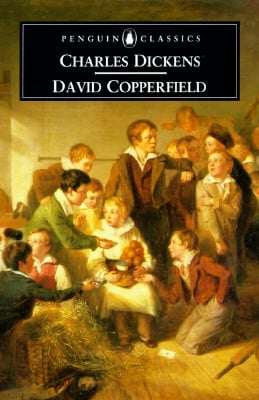I got this book in audio format for one reason and one reason only: I was going to be driving from California back home to Utah, and wanted something to stave off the inevitable boredom that I anticipated on the drive. I wasn’t expecting miracles; all I wanted was something that would be more interesting than an endless stream of Pandora and my own thoughts. I was therefore wholly unprepared for the absolute treasure that this book represents! It’s one of the funniest things I’ve ever heard, and I loved every second of it. I was disappointed that the book only lasted six hours. I would have gladly listened to twice as much, and I doubt I would have gotten bored for even one second of the time.
Bossypants is a semi-autobiographical collection of musings by Tina Fey. Fey is a comedian/writer for shows like 30 Rock and Saturday Night Live. I’m not a huge fan of those shows, so I wasn’t expecting much. I mean, the Amazon reviews were spectacular, but what can I say, I’m a skeptic. Anyway, the book is just a bunch of stories, anecdotes, and observations on issues ranging from motherhood, to gay marriage, to women in the workplace, to beauty tips. The book obviously caters to women, but as a guy I still found it absolutely hilarious. I was literally laughing out loud at regular intervals throughout the entire experience. The book really has no plot or unifying theme, it’s just a bunch of funny stories told by a funny lady about the weird crap that happens to people, whether you’re famous or not.
I absolutely recommend this book to anyone looking for a good laugh, and also highly recommend the audio version. It’s read by Fey herself, and getting her inflections, imitations of accents, and unique pronunciations of certain words (particularly when imitating Sara Palin) makes the whole experience just that much better. I will warn you, though, that the book does contain some crude language, as one might expect considering the types of shows Fey is typically involved with. If some profanity doesn’t bother, you, though, then you would do well to grab a copy of Bossypants and get ready to have a few good laughs.
Score: 9/10
Read this book if: You want a dose of liberal feminism wrapped in a package of absolute hilarity and basic common sense.
Don’t read this book if: You are bothered by a bit of coarse language, or are easily offended by liberal perspectives.
























